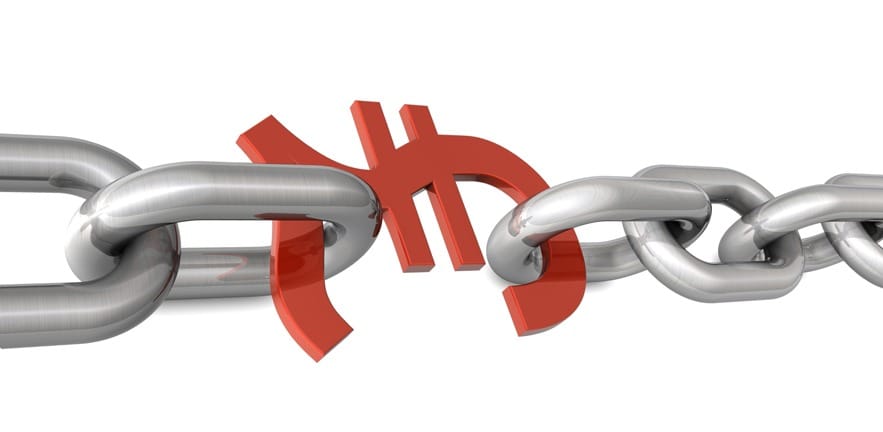A shot in the arm for the UK’s manufacturing sector, or just dangerous and damaging meddling? When John Mills and Andrew Cook came together at a recent debate, the discussion was electric.

Devaluation. One word – one very heated debate. For some, devaluation represents a much-needed shot in the arm that will encourage a renaissance of Britain’s manufacturing sector. For others, it is simply unnecessary tinkering, with the potential to cause untold damage.
And recently, the clamour has got louder. Although economic news in the first half of the year has been largely positive, UK Plc may be on the turn. George Osborne has warned that the UK may be affected by a slowdown in the Eurozone. Elsewhere, a 0.3 per cent drop in September retail sales, increasing evidence of a slowdown in the housing market and slow wage growth, has prompted some commentators to say that more could be done to boost the still faltering economy.
Economic growth is currently dependent on asset inflation fuelled by low interest rates and lax monetary policy,” says John Mills, chairman of John Mills Ltd, an import-export and distribution company, and supporter of devaluation. “The country is awash with bank money. It gets used for asset acquisition – namely stocks and shares – and it can’t last. The only way to get the economy rebalanced is to re-establish the manufacturing industry across the board.
Mills is founder of The Pound Campaign and believes that sterling should be devalued by about 30 per cent. The ensuing benefits, he suggests, would see an economic growth rate of three to four per cent per annum, achievable within five years. He also adds that this would address the balance of payments issue and move the country away from over reliance on the service sector.
But for Andrew Cook, chairman of the engineering firm William Cook, it’s not so simple. Cook firmly believes such a move would not only be ineffectual, but would also risk a huge hike in inflation (which fell to 1.2 per cent in September, its lowest rate for five years).
The Exchange Rate Forum, now renamed The Pound Campaign, was calling for a 30 per cent or more devaluation of sterling three years ago – I thought it was heresy,” Cook says. “The suggestion was that it would reinvigorate manufacturing and revive the economy. I’m a manufacturer and I’ve taken my company through thick and thin over the last 40 years. Devaluation doesn’t work.
Nor does Cook believe a weaker pound would boost exports, thinking instead that the real salvation for the manufacturing industry lies in a strategic acceptance that manufacturers must continually adjust to changes in markets and economic circumstances in order to remain competitive. “I have been interested in economics and politics right back to the early 1960s,” he says. “In that time I have witnessed both formal and informal devaluations, and the consequences have always been highly damaging.”
The debate continues, but whether it’s rocketing inflation or a strong pound that is of greater threat to economic recovery remains to be seen.
Follow the debate
Watch a recording of the live debate
Hear why Andrew Cook believes the longer-term consequences of devaluation are catastrophic

